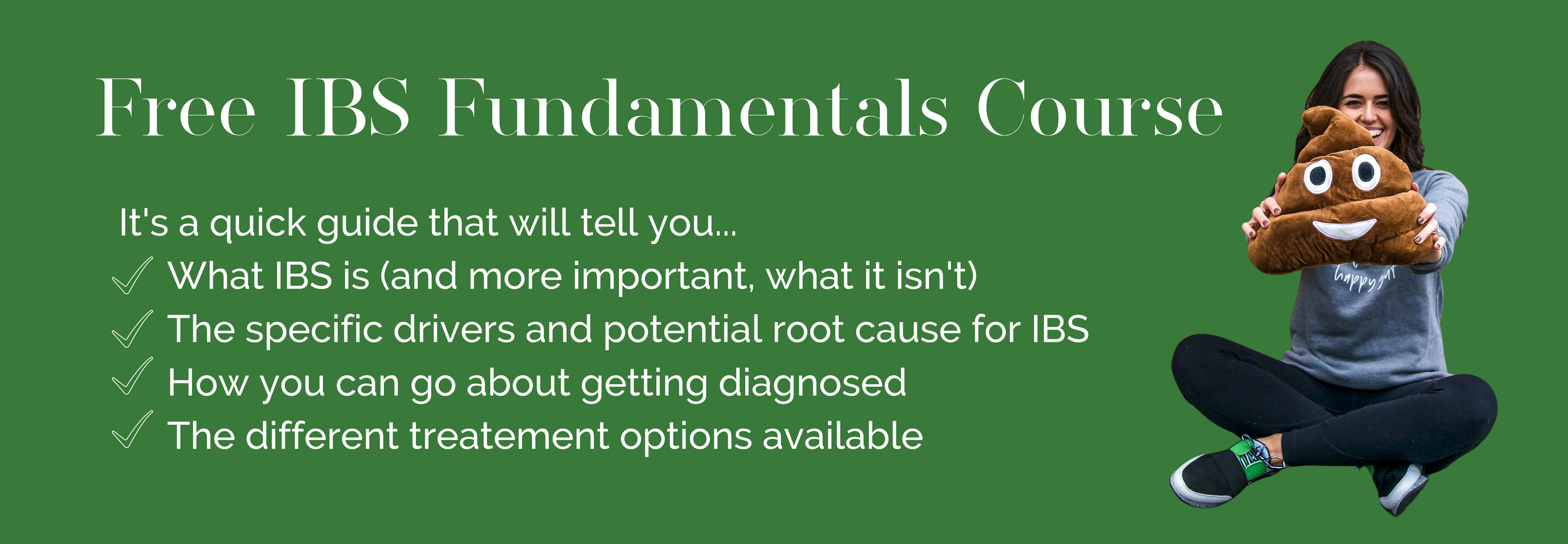Is more fiber better for gut health?
What is fiber?
Fiber is a non-digestible part of plant foods. Sources include grains, fruits, vegetables, legumes, nuts, and seeds. While we don’t absorb fiber directly like we do vitamins and minerals found in these foods, it does have a few major roles in the body, including food for gut microbes, forming and transit of stool, blood sugar balance, and cholesterol balance.
Fiber intake has been associated with health benefits including reduced risk of many chronic conditions, including gastrointestinal (GI) disorders or conditions, obesity, cardiovascular disease, and some cancers.
Fiber also directly helps the digestive system and process, including increased bulk of stool to pass more easily through the gut, laxation of gut muscles so they move efficiently, and increased fermentation by bacteria in the colon, leading to beneficial byproducts that can impact the gut and other systems of the body.
There are specific fibers called prebiotics that have been proven to lead to a health benefit in the body, including the growth of beneficial gut microbes or better function of systems in the body.
All that to say, fiber is important. And we often hear the recommendation “just eat more fiber” when it comes to gut health. What does that actually mean?
The Dietary Guidelines for Americans, 2020-2025 recommend a daily total fiber intake of at least: 22-28 grams per day for women and 28-34 grams per day for men. This aligns with research done on intake and health benefits. The problem is that many Americans only eat an average of 10-15 g per day, so “eat more fiber” is a decent recommendation for most.
What’s your poop personality? Find out here!
But is there a such thing as “too much” fiber?
Since fiber bulks stool and slows down movement in the gut, if you’re already constipated or struggling with backup of stool, too much fiber can cause a traffic jam in your colon. This means more backup and more constipation, which then leads to more trapped gas, bloating, and discomfort.
When fiber is fermented by gut microbes, they do produce beneficial byproducts like short chain fatty acids, but they also produce gas. If you’re eating more fiber, you may also be experiencing more gas. For some this can lead to more buildup in the colon, which can cause slower motility, bloating, and discomfort. And because fiber adds bulk to stool, more intake will make you poop more. For those with hypersensitivity and urgency, this may not work well and may make you even more uncomfortable.
Fiber is one component of a healthy diet and adequate intake is very important. However, it’s not the full picture so there needs to be a focus on balance in the diet overall and personalization is key to finding the amount that works for you. It’s also important to understand that fiber alone doesn’t treat all gut problems and concerns, so there may be more you need in place than just more fiber to feel your best.
Are you frustrated with your IBS symptoms? Do you desire to be confident in your food choices? Do you want to have a healthier relationship with your body and diet? Are you ready to take control of your IBS?



